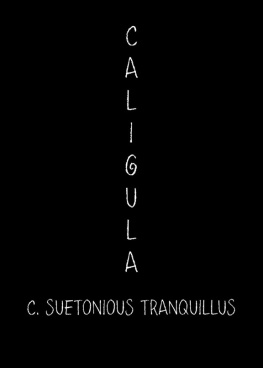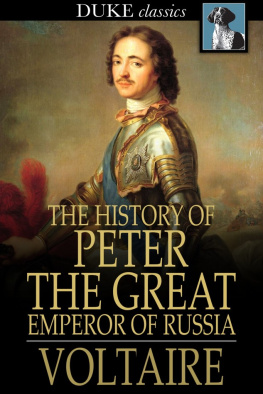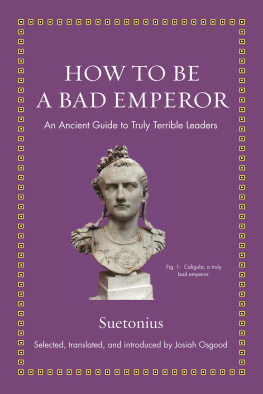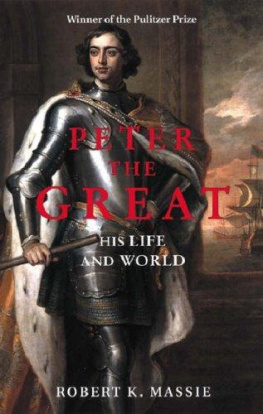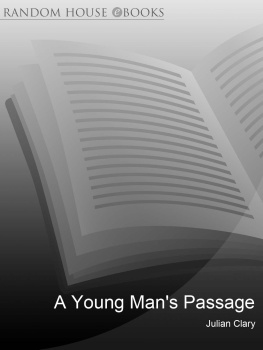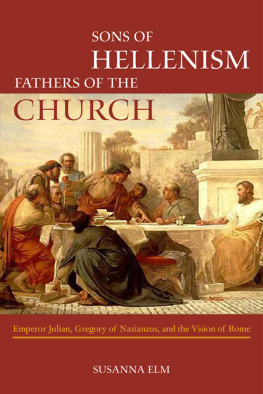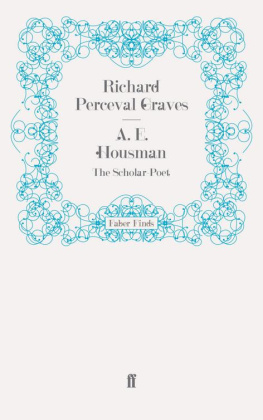| Note: | Images of the original pages are available through Internet Archive/American Libraries. See http://archive.org/details/cu31924027823990 |
TWO CHANCELLORS:
PRINCE GORTCHAKOF AND PRINCE BISMARCK.
BY
JULIAN KLACZKO.
TRANSLATED FROM THE REVUE DES DEUX MONDES
BY
FRANK P. WARD.
NEW YORK:
PUBLISHED BY HURD AND HOUGHTON.
Cambridge: The Riverside Press.
1876.
Copyright,
By FRANK P. WARD.
1876.
RIVERSIDE, CAMBRIDGE:
STEREOTYPED AND PRINTED BY
H. O. HOUGHTON AND COMPANY.
TRANSLATOR'S PREFACE.
In the year 1866 Carlyle said: "The only man appointed by God to be His viceregent here on earth in these days, and knowing he was so appointed and bent with his whole soul on doing, and able to do God's work," is M. de Bismarck. If this be true, then M. de Bismarck has found a most valuable ally and colleague in the present Premier of Russia. It is of these two men, Prince Bismarck, and Prince Gortchakof, the Chancellor of Germany, and the Chancellor of all the Russias, that this book treats. The author is M. Julian Klaczko, a Polish refugee, a man of cosmopolitan habits, an accomplished and able writer, thoroughly acquainted with the contemporaneous history of Europe, prejudiced against Prussia, an ardent friend of Austria, and devoted to a conservative and monarchical form of government. He was always the friend of Poland. In 1863 he defended Denmark in a series of able papers, which came out in the " Revue des deux Mondes ," under the title of "Studies of Contemporaneous Diplomacy." After the battle of Sadowa, he appeared as the friend of Austria in a work entitled, "The Preliminaries of Sadowa." Count de Beust summoned him to Vienna, and attached him to the Foreign Office. Klaczko was then elected Deputy in the Polish province of Galicia. After 1870 he resigned his posts and returned to France.
In the "Two Chancellors" he has given a condensed but graphic review of the diplomatic history of Europe from 1855 to 1871, and a sketch of the lives of Prince Bismarck and Prince Gortchakof, the two most eminent men of the day. He also seeks to prove that the "disaster" of Sadowa, followed by the still greater one of Sedan, was brought about by the blind devotion of Prince Gortchakof to Prince Bismarck, aided largely, it is true, by the "inconceivable vacillations and hallucinations of Napoleon III., the Dreamer of Ham." In a word, he seeks to establish that the prodigious events of the last ten years are due to a conspiracy between Russia and Prussia. This is a one-sided, partial view, but is presented with such power as will almost persuade the reader that such may have been the case. According to Klaczko's theories, Prussia has grasped the substance and Russia the shadow, and the old chancellor of the great empire of the North has been the dupe of his pupil of Berlin.
The great changes which will undoubtedly soon take place in the East, make M. Klaczko's views as to the past and present relations between Germany and Russia of marked interest, and the student of contemporaneous history will find in the "Two Chancellors," notwithstanding the peculiar views and strong prejudices of the writer, one of the most instructive as well as interesting works that have appeared for many years. It has been issued in book form in Paris, and widely circulated in Russia, where it has caused a profound sensation.
In the translation I have endeavored to reproduce as justly as possible the words of M. Klaczko, whose style, though strong and forcible, is at times somewhat involved. With these few words in regard to the importance of the subject and the character of the author, I leave to the judgment of the reader the account of the momentous events which may be truly said to have changed the political face of Europe.
CONTENTS.
| Page |
| I. |
| 1 |
| II. |
| 75 |
| III. |
| 122 |
| IV. |
| 188 |
| V. |
| 227 |
| VI. |
| 287 |
| 311 |
I.
THE MISSIONS OF PRINCE GORTCHAKOF AND THE DBUTS OF M. DE BISMARCK.
The good old Plutarch, in commencing his long and charming series of Parallels with the account of the lives of Theseus and Romulus, experiences some difficulty in justifying such an association of the two heroes; he can find in them only very vague traits of resemblance, and these by no means striking. "To strength they both joined great powers of mind, both carried off women by violence, and the one as well as the other was not exempted from domestic miseries; indeed, toward the end of their lives they both aroused the hatred of their fellow-citizens." Without doubt a writer of our day, wishing to give a comparative study of the two most prominent figures of contemporaneous politics, the chancellors of Russia and Germany, would only mislead in giving prominence to such points of resemblance. The association in this case is justifiable, for it suggests itself to every contemplative mind, to whoever has meditated on the events of the last fifteen or twenty years. The modern Plutarch who would undertake to write the lives of these two illustrious men, could, as it seems to us, easily resist the temptation of searching too deeply for, or forcing analogies in a subject where similarities abound and are so striking. Perhaps he would rather have to guard against necessary and tiresome repetitions in presence of a commonalty of ideas and of a harmony of action such as history has rarely known in two ministers guiding two different empires.
It is not, the reader may be well assured, a work of this sort which the author has undertaken in the following pages. We have only given the mere sketch of a picture which, to be even in a slight degree full and satisfactory, would have required much larger proportions, and above all a much more skillful hand. Without pretending to present here new and unpublished materials, or indeed to reunite all those which are already known, we have simply chosen a few, and tried to assort and arrange them so as to afford a better perspective. We have been obliged to renounce the wish to give to the different parts an equality of design and depth of coloring, and we have not even bound ourselves to follow a very regular and methodical course in this narration. Before a subject so vast and presenting so many shades and shadows, we have thought that it was permissible, that it was indeed occasionally useful, to vary the points of observation and to present it in different aspects.
I.
Like the Odoefski, the Obolenski, the Dolgorouki, and many aristocratic families on the banks of the Moscova and the Neva, the Gortchakof also pride themselves on their descent from the Rourik; to speak more plainly, they claim to trace their origin from one of the sons of Michael, Grand Duke of Tchernigof, put to death towards the middle of the thirteenth century by the Mongolians of Batou Khan, since proclaimed martyr of the faith, exalted, indeed, among the saints of the Orthodox Church. One meets, nevertheless, with but few illustrious bearers of the name of Gortchakof in the gloomy and exciting annals of old Russia. In the epoch which preceded the accession of the Romanof, there lived a certain Peter Ivanovitch Gortchakof, the unfortunate commander of Smolenski, who surrendered this celebrated place to the Poles after two years of energetic and desperate resistance. He was taken to Warsaw, and there, in 1611, with the Czar Vassili, the two princes Schouyski, Shine, and a number of powerful


